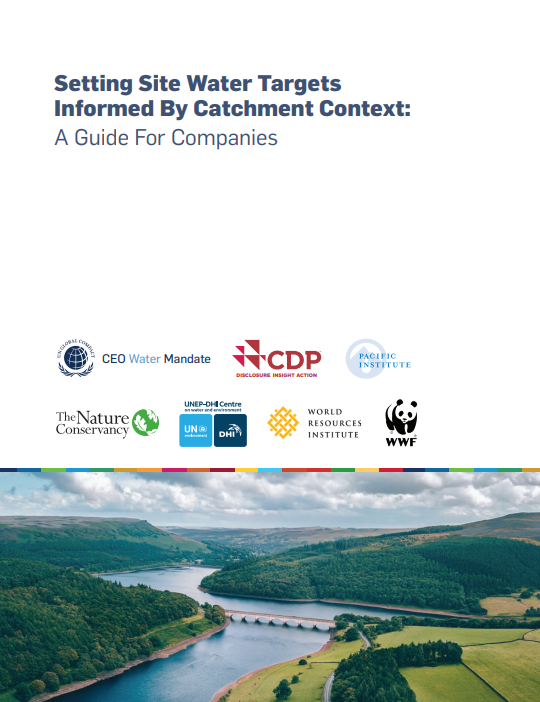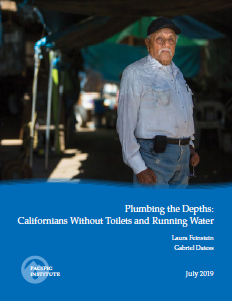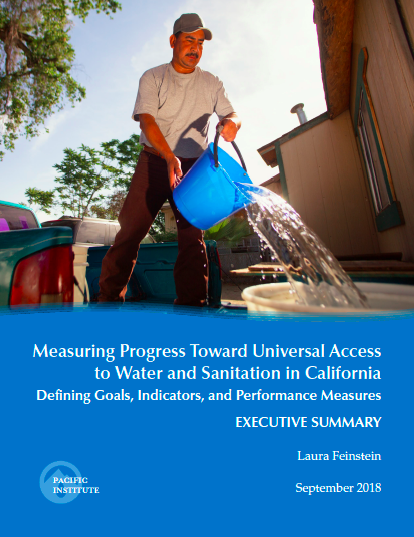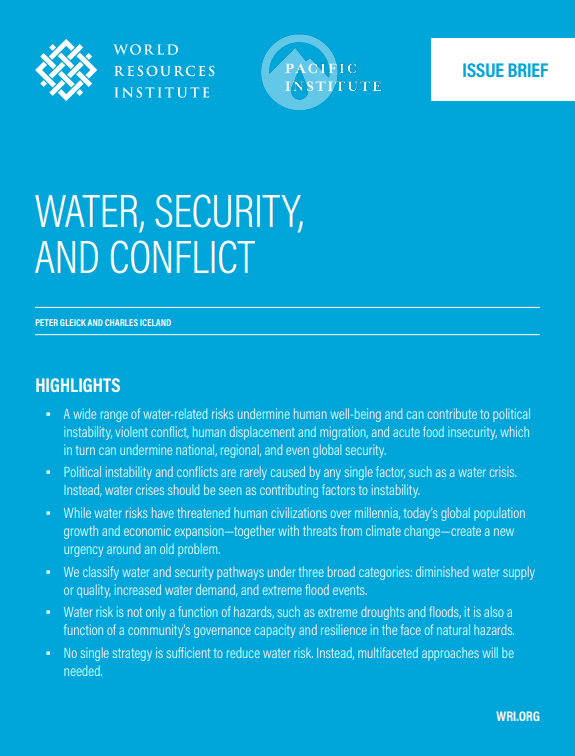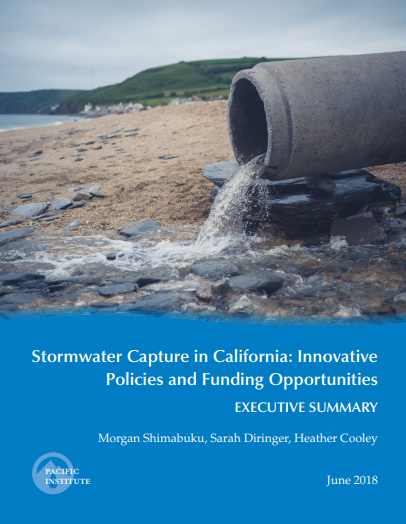1075 Resources
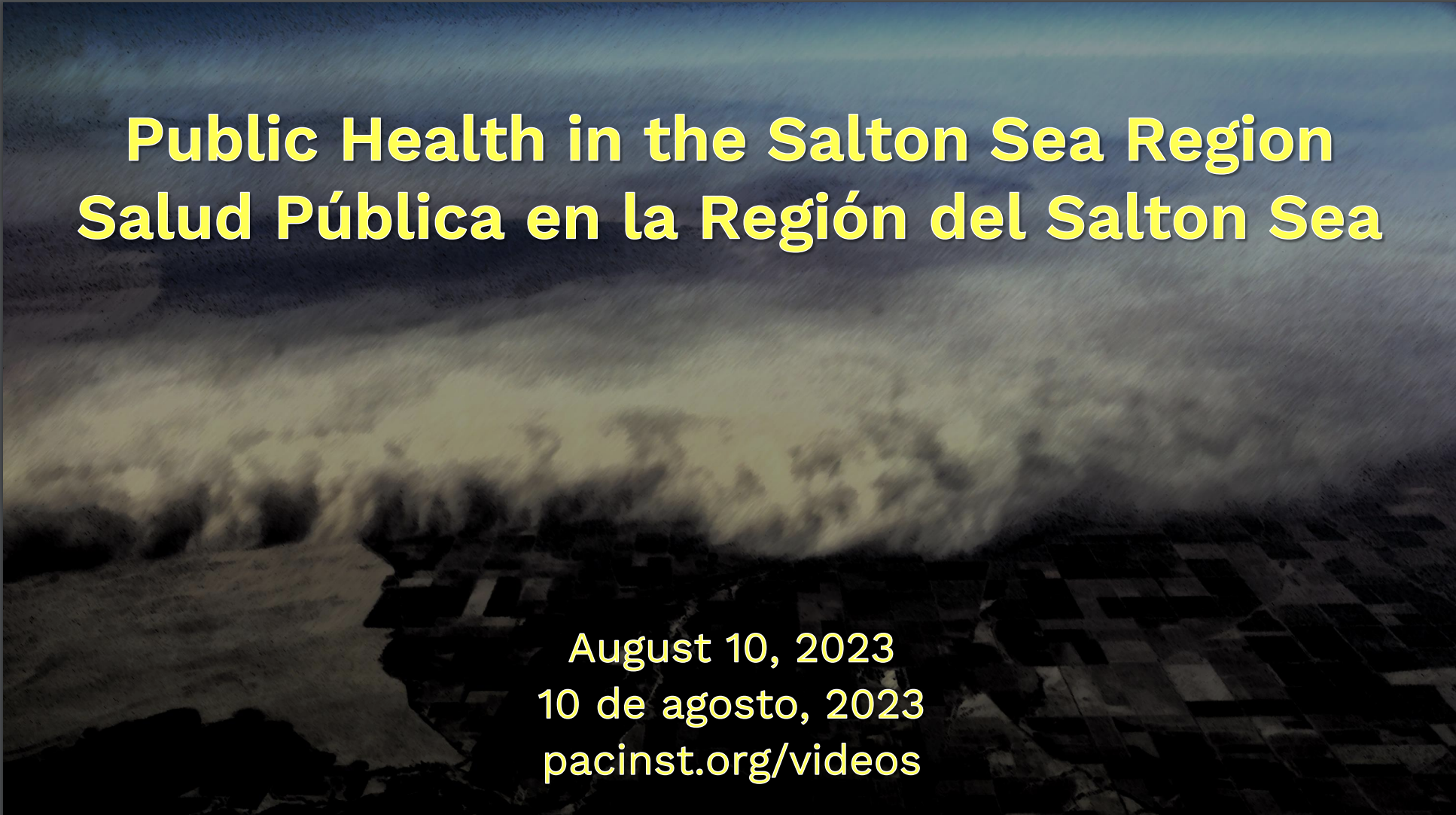
Public Health in the Salton Sea Region
August 10, 2023 | video
Join a distinguished panel of experts for a robust 90-minute conversation about public health in the Salton Sea region. Dr. Ryan Sinclair of Loma Linda University will moderate an expert panel including Dr. Ann Cheney of UC Riverside, Alejandro Espinoza of the Desert Healthcare District, Dr. Shohreh Farzan of USC, and Sandra Ramirez of Coachella Valley Parents.
July 2023 Newsletter
July 14, 2023 | announcement
The monthly newsletter features the Pacific Institute’s research, publications, news about past and upcoming Institute staff outreach efforts, and media coverage of its work and analysis. This month’s newsletter features a new report, new blog, and more.
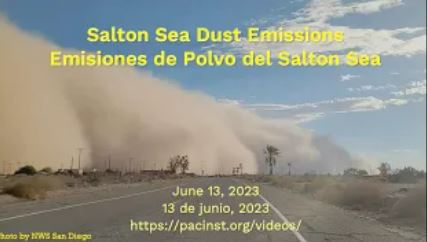
Seminario web sobre emisiones de polvo del Salton Sea
June 27, 2023 | video
El Salton Sea de California, el lago más grande del estado, se está reduciendo como resultado de la disminución de las entradas.
June 2023 Newsletter
June 27, 2023 | announcement
The monthly newsletter features the Pacific Institute’s research, publications, news about past and upcoming Institute staff outreach efforts, and media coverage of its work and analysis.
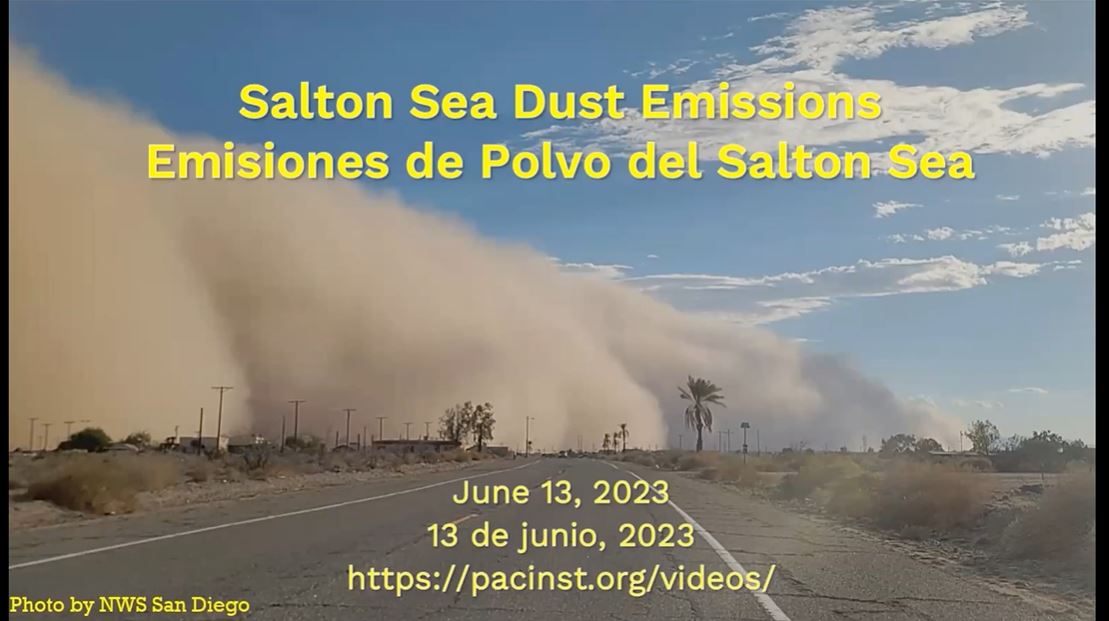
Salton Sea Dust Emissions Webinar
June 22, 2023 | video
This webinar seeks to improve understanding of air quality, dust composition, the emissivity of different soils, and predictive modeling of future emissions from Salton Sea lakebed and provides an opportunity for discussion among agency staff, stakeholders, and the public.

Dr. Peter Gleick Calls for a New, More Resilient ‘Third Age of Water’ in New Book
June 13, 2023 | post
One out of every five Americans—approximately 60 million people—live in rural areas that provide critical water, energy, food, resources, and recreational opportunities for the entire country. Many of these Americans live in frontline communities—those that experience climate change impacts on their water systems “first and worst” due to a combination of socioeconomic, geographical, and infrastructure characteristics.
May 2023 Newsletter
May 26, 2023 | announcement
The monthly newsletter features the Pacific Institute’s research, publications, news about past and upcoming Institute staff outreach efforts, and media coverage of its work and analysis.
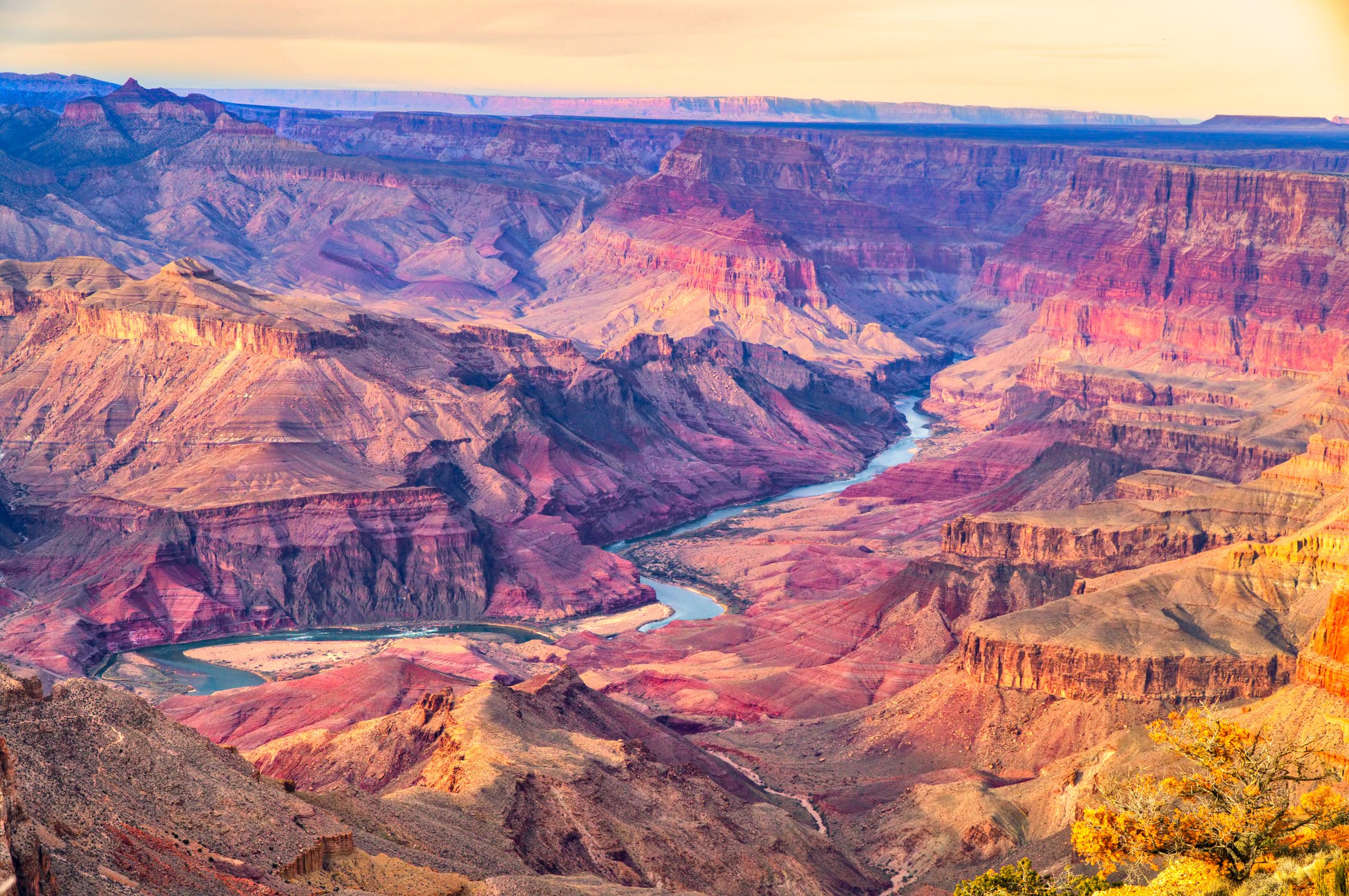
Creative Co-Funding for Positive Water Impact
May 23, 2023 | post
One out of every five Americans—approximately 60 million people—live in rural areas that provide critical water, energy, food, resources, and recreational opportunities for the entire country. Many of these Americans live in frontline communities—those that experience climate change impacts on their water systems “first and worst” due to a combination of socioeconomic, geographical, and infrastructure characteristics.
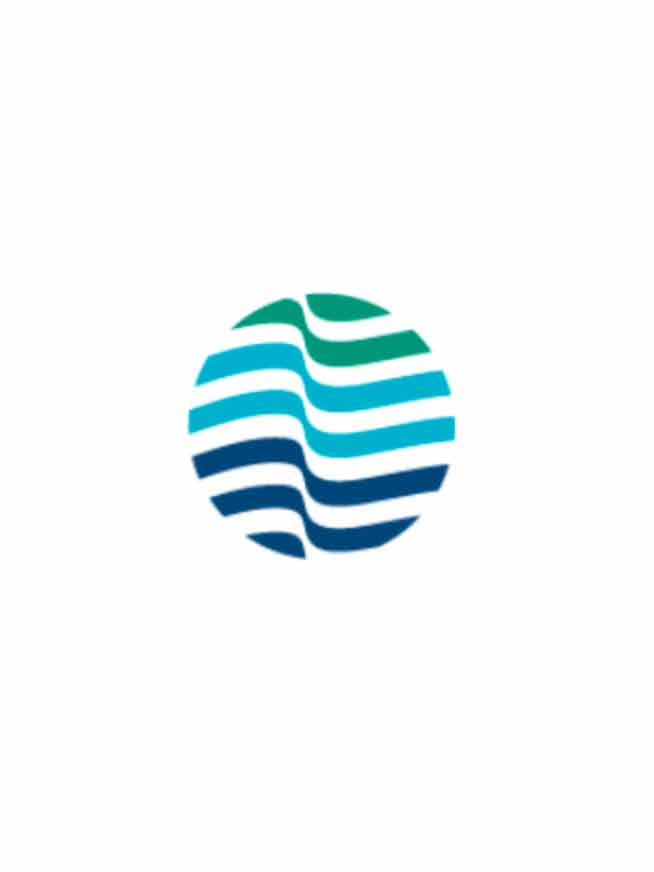
Pacific Institute’s Michael Cohen Issues Statement Regarding Joint Colorado River Agreement
May 22, 2023 | announcement
California, USA (May 22, 2023) – In response to Arizona, California, and Nevada’s joint Colorado River agreement, Pacific Institute Senior Researcher Michael Cohen has issued the following statement.

New Pacific Institute Report Highlights Innovative Co-Funding Strategies to Address Western US Water Crisis
May 16, 2023 | announcement
Oakland, California - May 16, 2023 – The Pacific Institute, a global nonpartisan water think tank, today released a new report highlighting the role corporations can play in supporting positive water outcomes in the water-stressed Colorado River Basin.
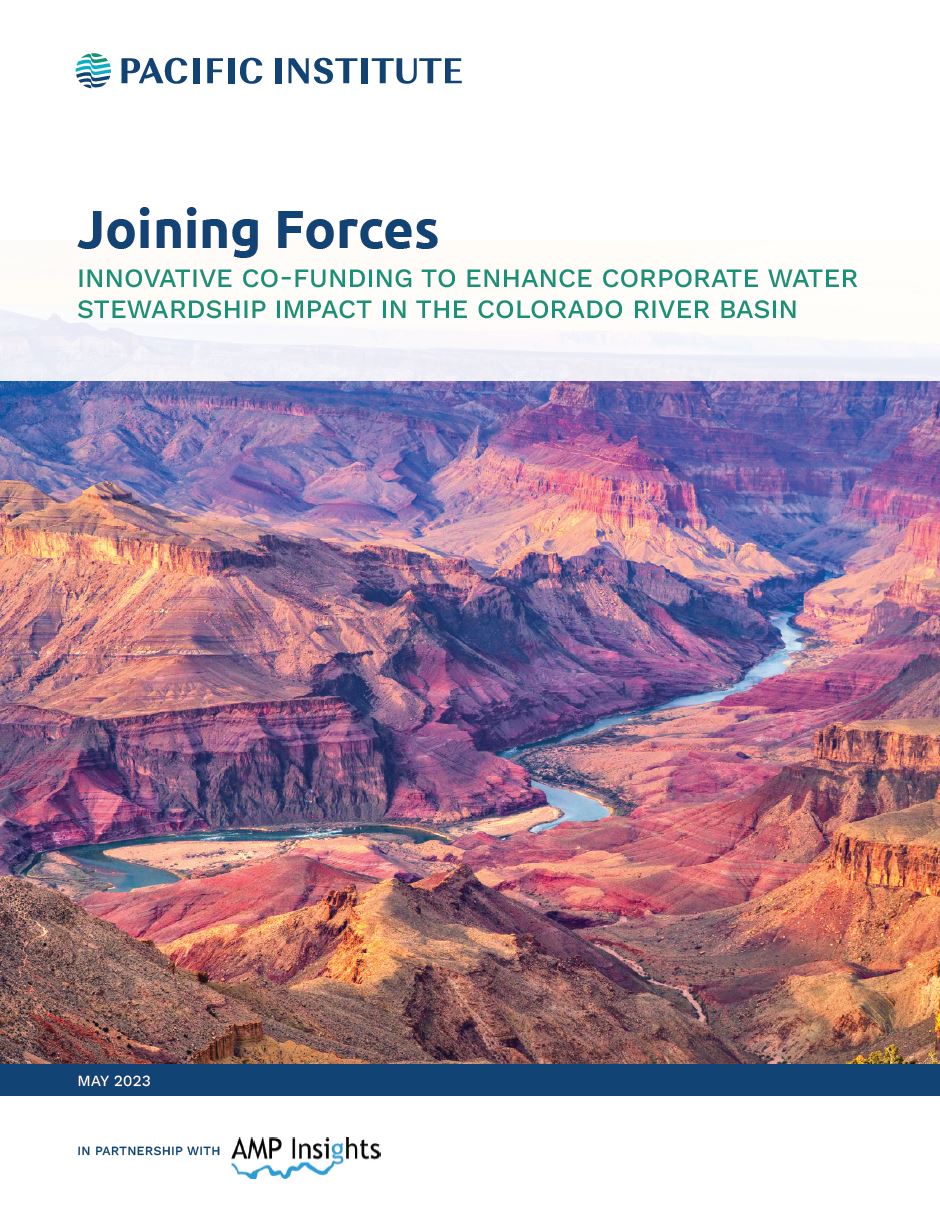
Joining Forces: Innovative Co-Funding to Enhance Corporate Water Stewardship Impact in the Colorado River Basin
May 16, 2023 | publication
The Colorado River Basin faces critical water supply limitations, threatening the economic, social, and ecological stability of the region. This report explores how leveraging corporate water stewardship spending with existing and emerging funding streams, referred to as co-funding, can increase positive water impact in the Colorado River Basin and beyond.

Moving Toward Equitable, Climate-Resilient Water Systems in Rural Communities in the United States
May 11, 2023 | post
One out of every five Americans—approximately 60 million people—live in rural areas that provide critical water, energy, food, resources, and recreational opportunities for the entire country. Many of these Americans live in frontline communities—those that experience climate change impacts on their water systems “first and worst” due to a combination of socioeconomic, geographical, and infrastructure characteristics.
April 2023 Newsletter
April 28, 2023 | announcement
The monthly newsletter features the Pacific Institute’s research, publications, news about past and upcoming Institute staff outreach efforts, and media coverage of its work and analysis.
Special Edition Newsletter: UN 2023 Water Conference Wrap Up
April 26, 2023 | announcement
The special edition newsletter features highlights the Pacific Institute's thought leadership at the UN 2023 Water Conference
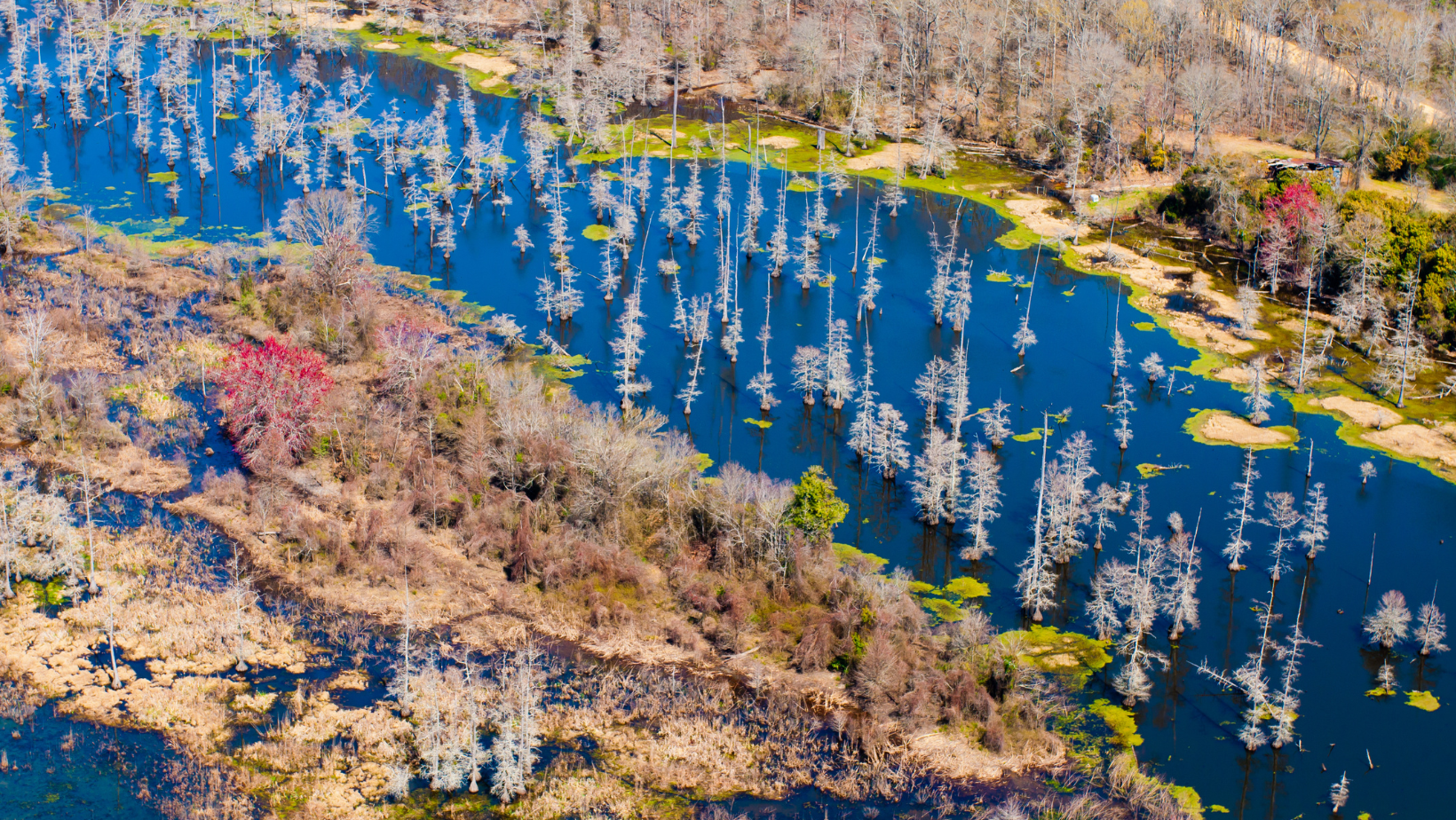
Harnessing the Power of Nature-Based Solutions to Invest in Our Planet’s Future
April 21, 2023 | post
As Earth Day 2023 dawns upon us, we find ourselves immersed in a world where nature and humanity are inextricably linked. This special day serves as a reminder of the delicate balance that exists on our planet and seeks to explore our relationship and connections with nature.
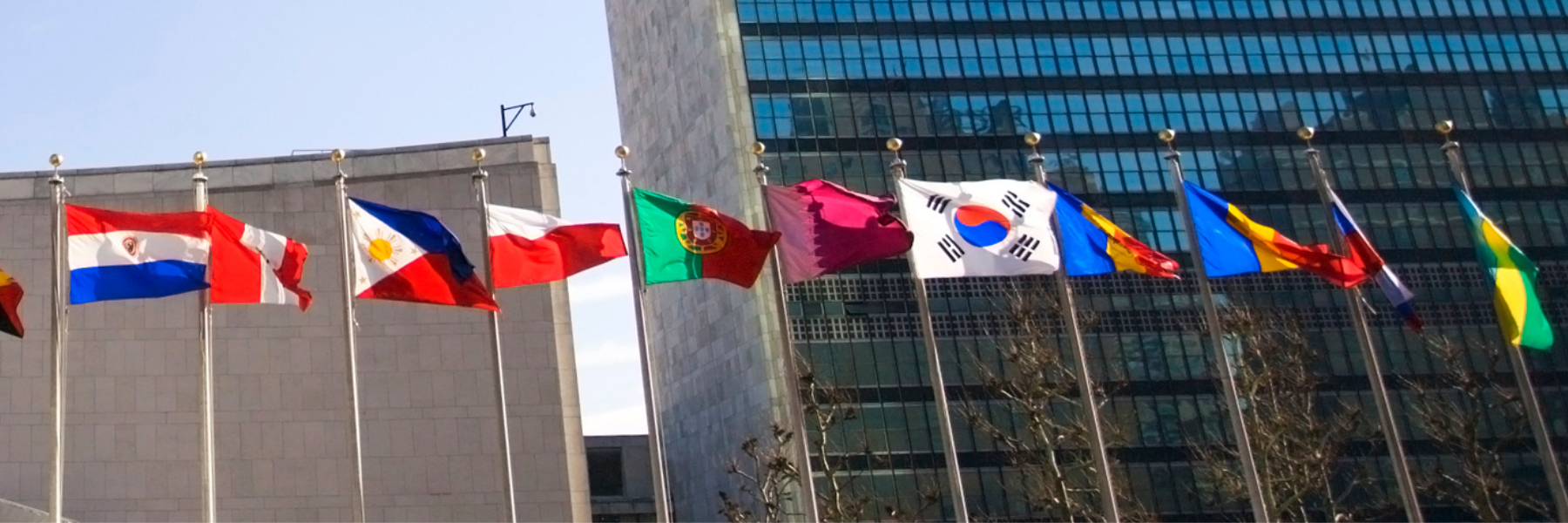
Historic UN Water Conference Concludes With New Cross-Sector Global Momentum, but Calls Emerge for More Binding Commitments
April 20, 2023 | post
The United Nations’ Sustainable Development Goals (SDGs) prioritize ambitions on 17 interlinked sustainability issues to reach by 2030. Of these, SDG 6 focused on water is central to achieving the overall 2030 Agenda for Sustainable Development.

Pacific Institute Senior Fellow and Co-Founder Dr. Peter Gleick Elected to American Academy of Arts & Sciences
April 19, 2023 | announcement
Oakland, California — April 19, 2023 — The Pacific Institute is pleased to announce Senior Fellow and Co-Founder Dr. Peter Gleick has been elected to the American Academy of Arts & Sciences.

Pacific Institute’s Michael Cohen Issues Statement Regarding U.S. Bureau of Reclamation Draft Supplemental Environmental Impact Statement
April 10, 2023 | announcement
California, USA (Apr. 10, 2023) – Tomorrow, April 11, the U.S. Bureau of Reclamation will release its draft Supplemental Environmental Impact Statement for Near-term Colorado River Operations (draft SEIS), to address the potential for continued low-runoff conditions in the Colorado River Basin.
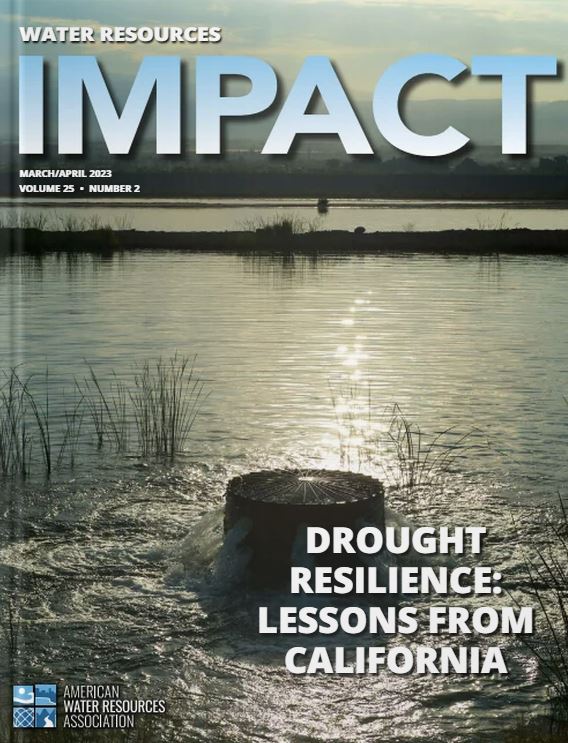
Reimagining Water Infrastructure in a Changing California
April 4, 2023 | publication
In the article, Pacific Institute Director of Research Heather Cooley, emphasizes that water is a crucial resource for California, supporting its population, ecosystems, agriculture, and economy.
March 2023 Newsletter
March 30, 2023 | announcement
The monthly newsletter features the Pacific Institute’s research, publications, news about past and upcoming Institute staff outreach efforts, and media coverage of its work and analysis.
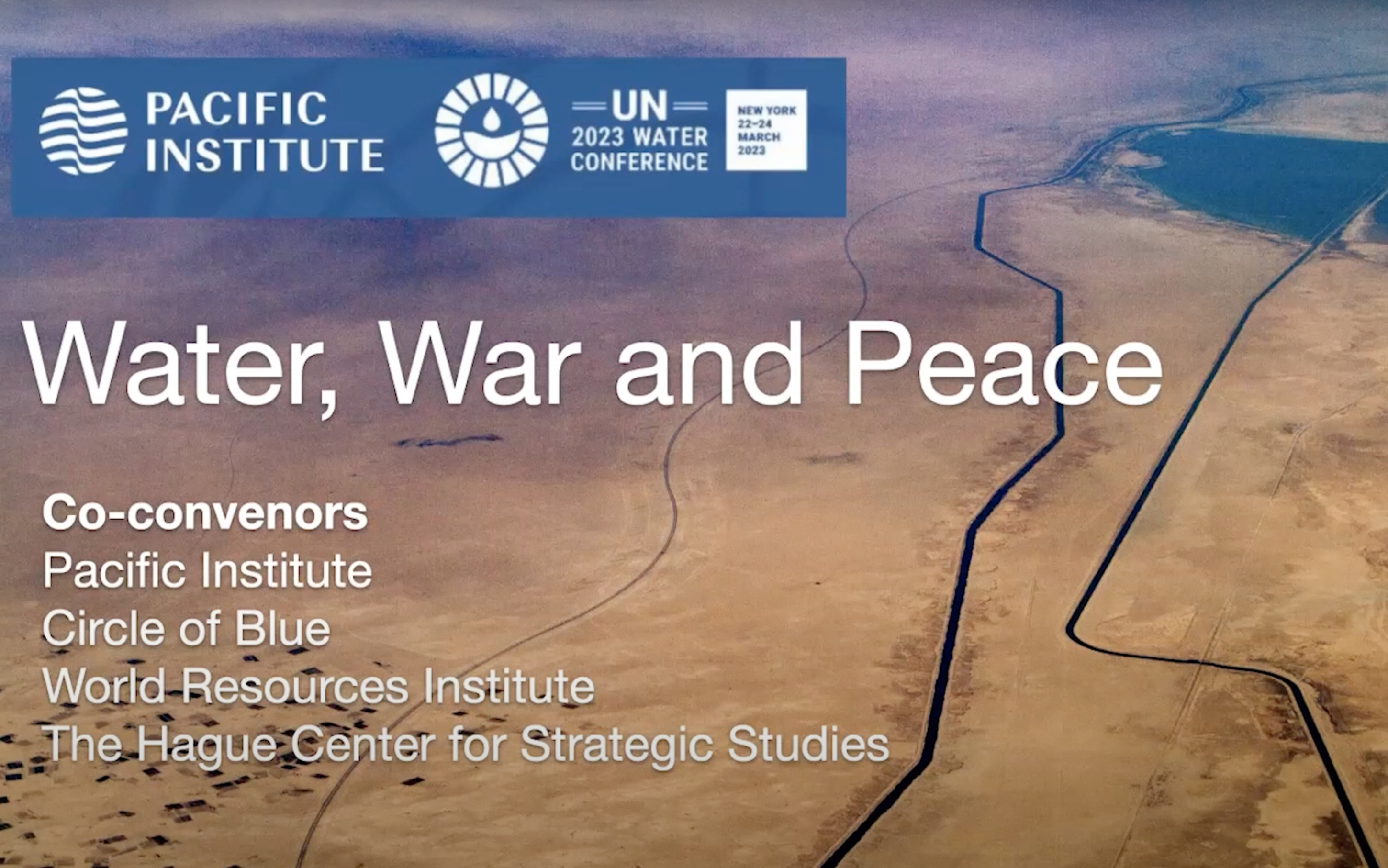
Water, War, & Peace Webinar
March 24, 2023 | video
Explore strategies for reducing the risks of water-related violence and promoting peaceful and sustainable water management practices worldwide.
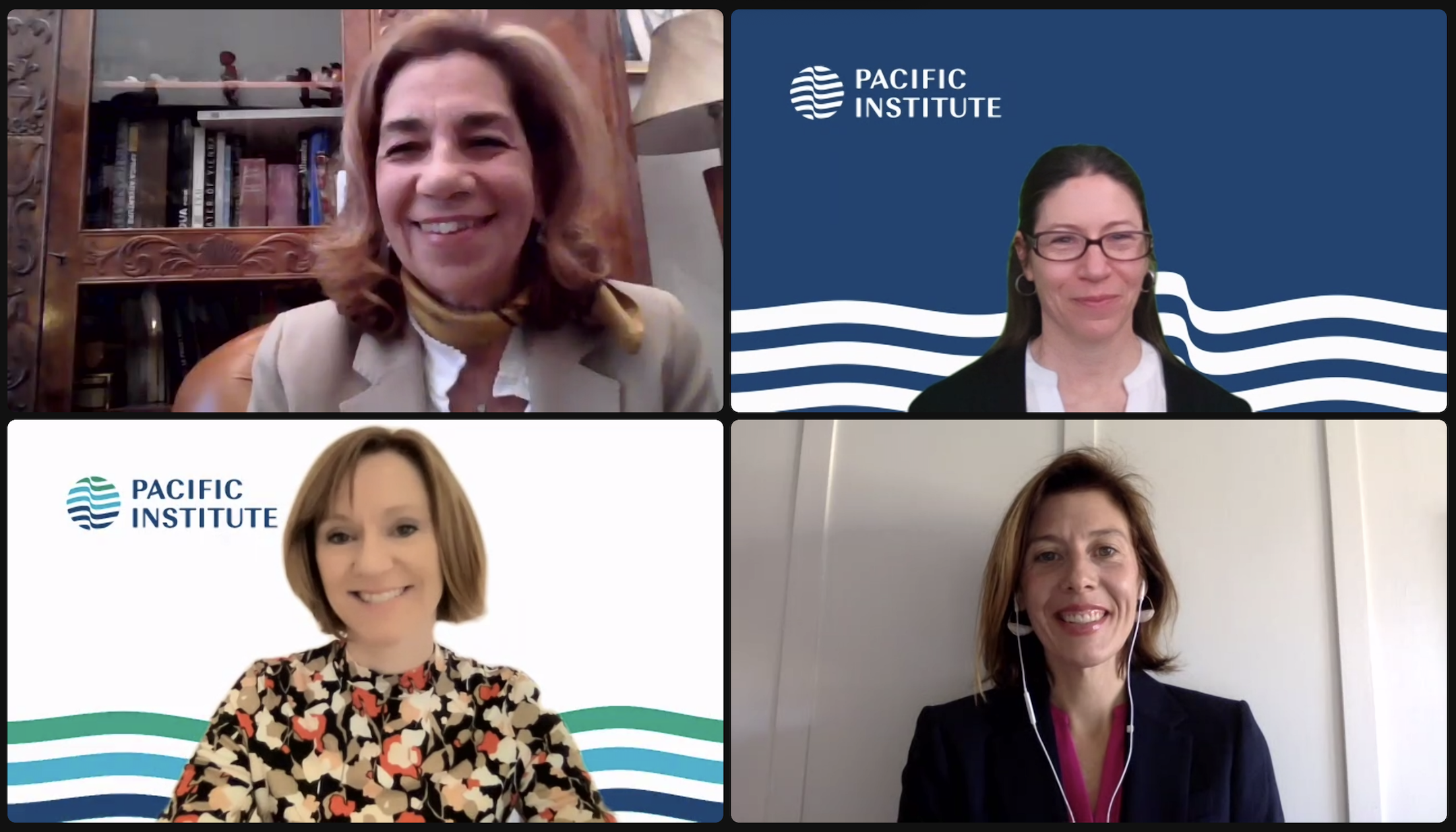
Harnessing the Power of Water Efficiency and Reuse
March 20, 2023 | video
Water-use efficiency and water reuse are powerful, albeit still underutilized, strategies for enhancing water sustainability and resilience. Together, they can substantially reduce the number of people suffering from water scarcity (SDG 6.4); enhance water quality (SDG 6.3); protect and restore water-related ecosystems (SDG 6.6); and reduce energy use (SDG 7.3) and associated greenhouse gas emissions (SDG 13), among other benefits.

Pacific Institute Approaches Historic UN 2023 Water Conference Through Lens of Water Resilience
March 16, 2023 | post
The United Nations’ Sustainable Development Goals (SDGs) prioritize ambitions on 17 interlinked sustainability issues to reach by 2030. Of these, SDG 6 focused on water is central to achieving the overall 2030 Agenda for Sustainable Development.
Special Edition Newsletter: UN 2023 Water Conference
March 15, 2023 | announcement
This month’s newsletter features more information about the Pacific Institute at the historic UN 2023 Water Conference.

Saving Water, Time, and Money by Fixing Leaks in Affordable Housing
March 14, 2023 | post
Climate change is accelerating the water and wastewater access gap faced by millions of people in the United States. While no one region or group of people will be spared from the impacts of the climate crisis, frontline communities—those who experience climate change first and worst—are those most at risk.
Page 6 of 43



